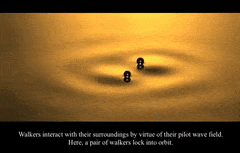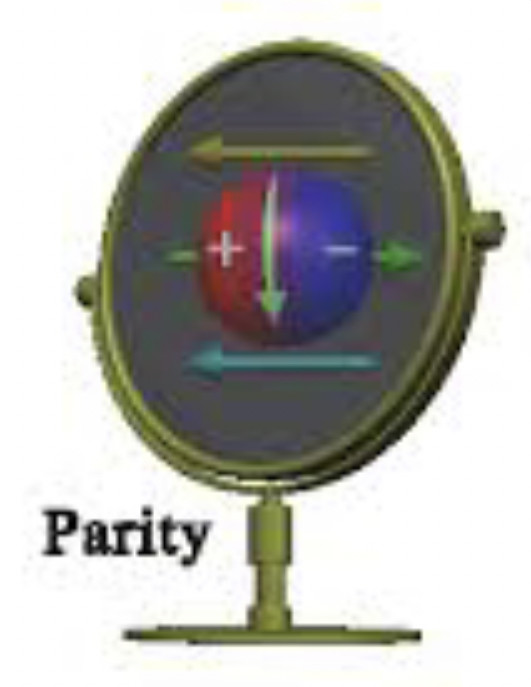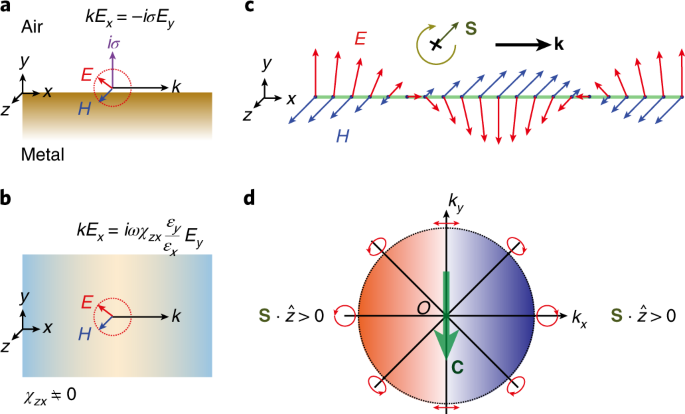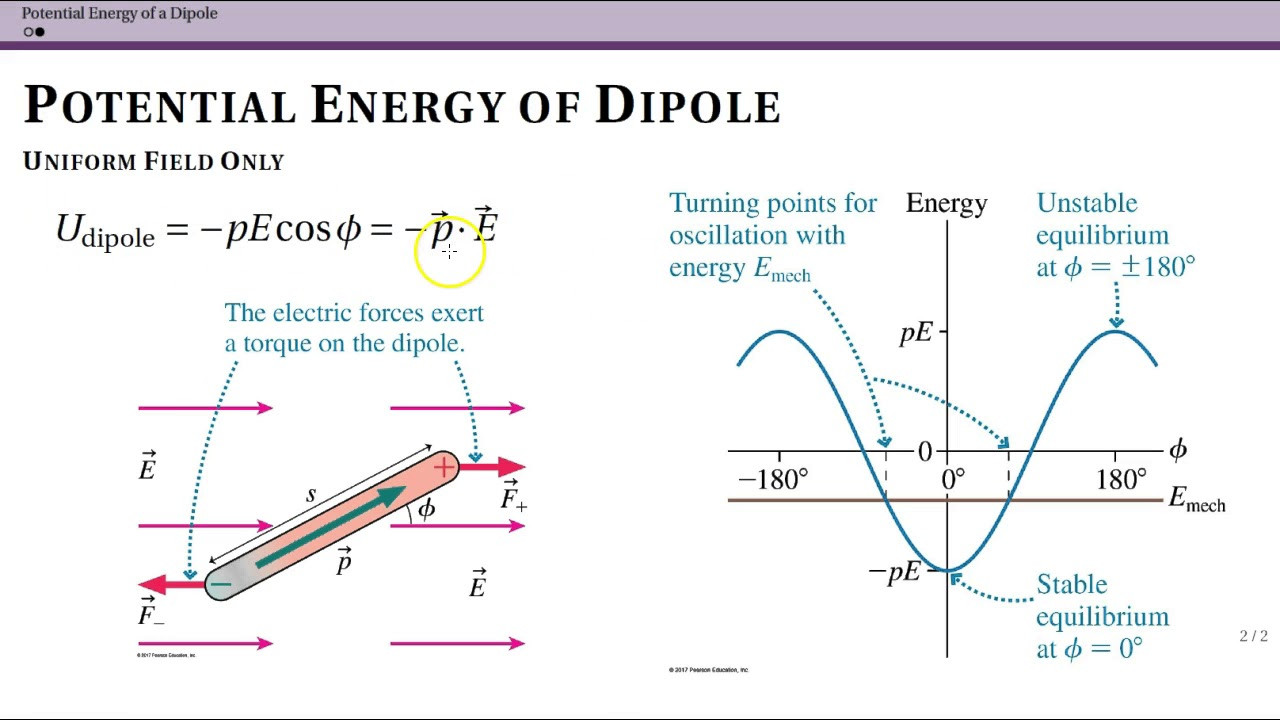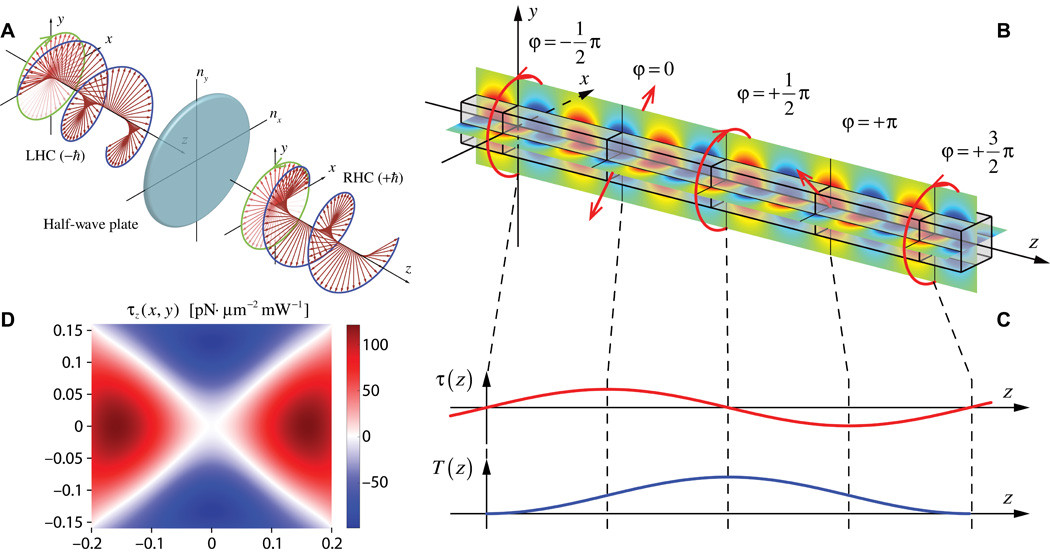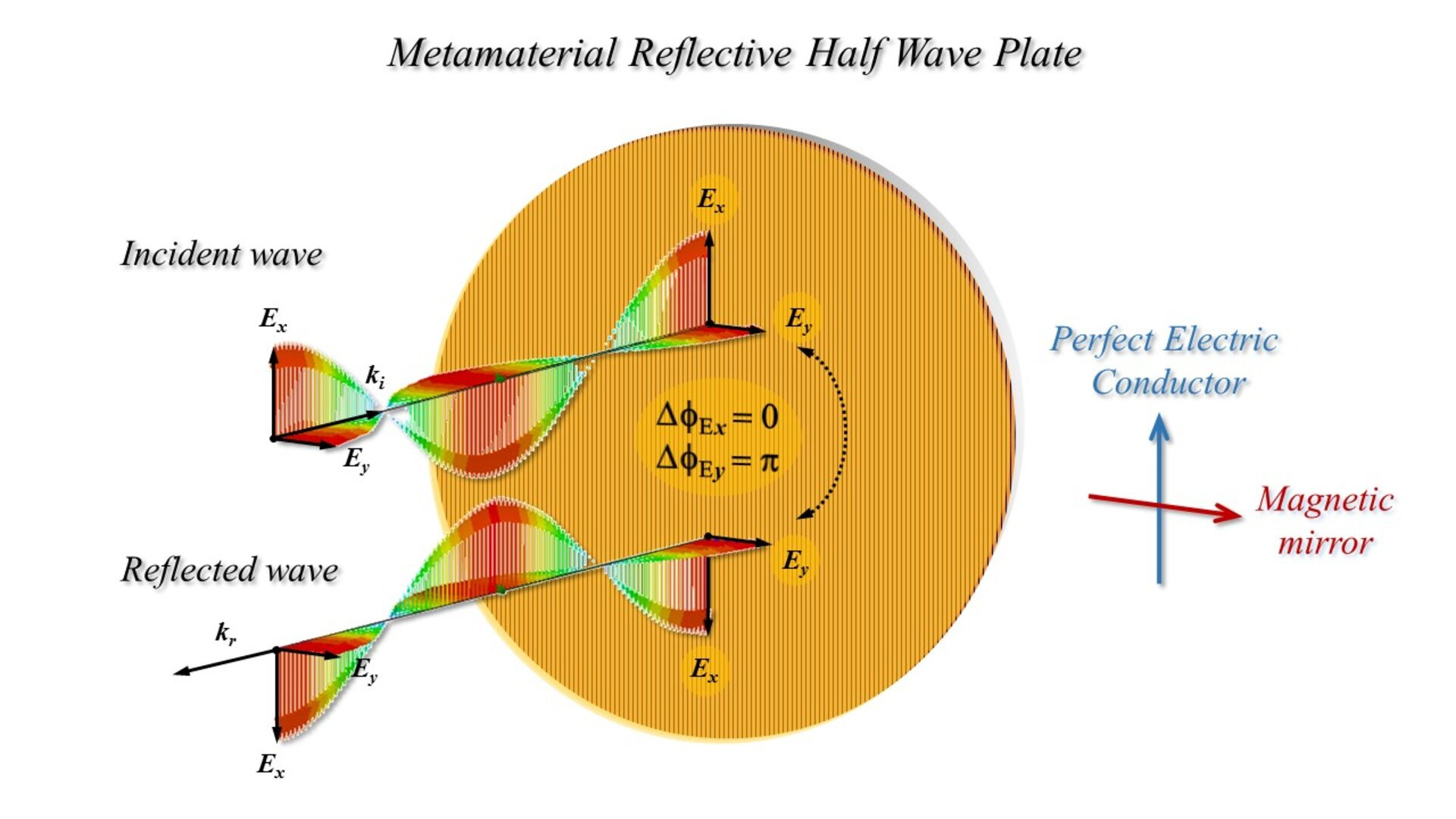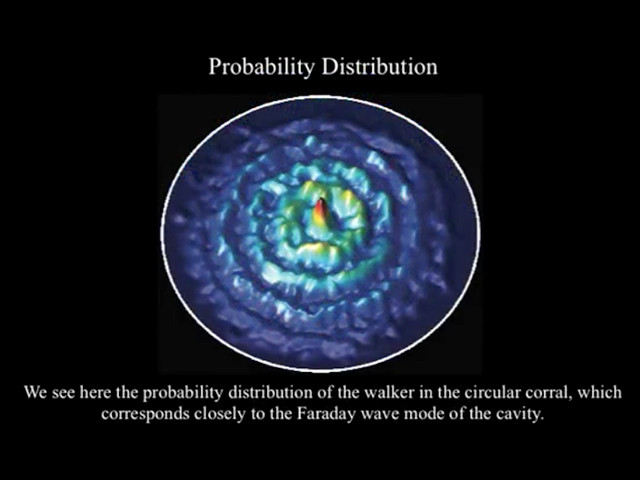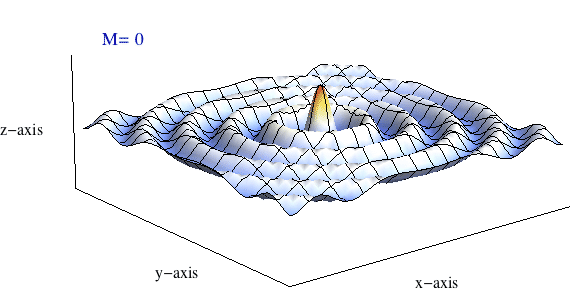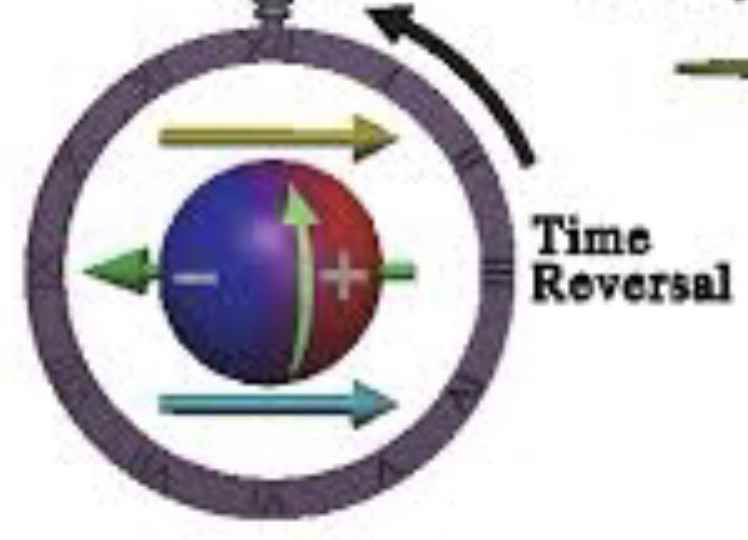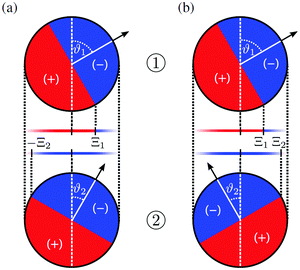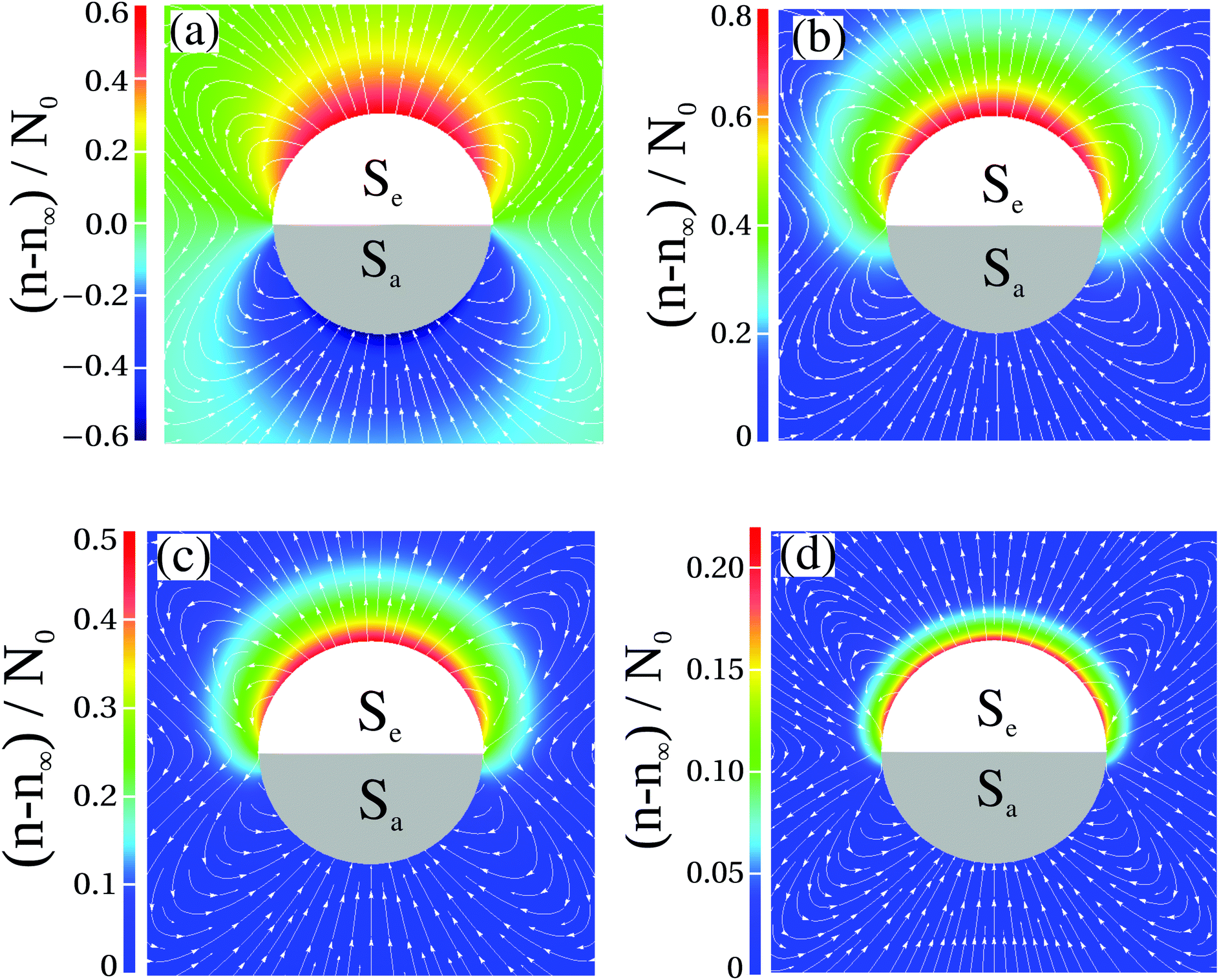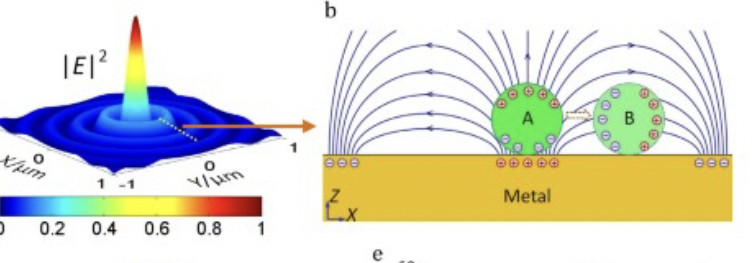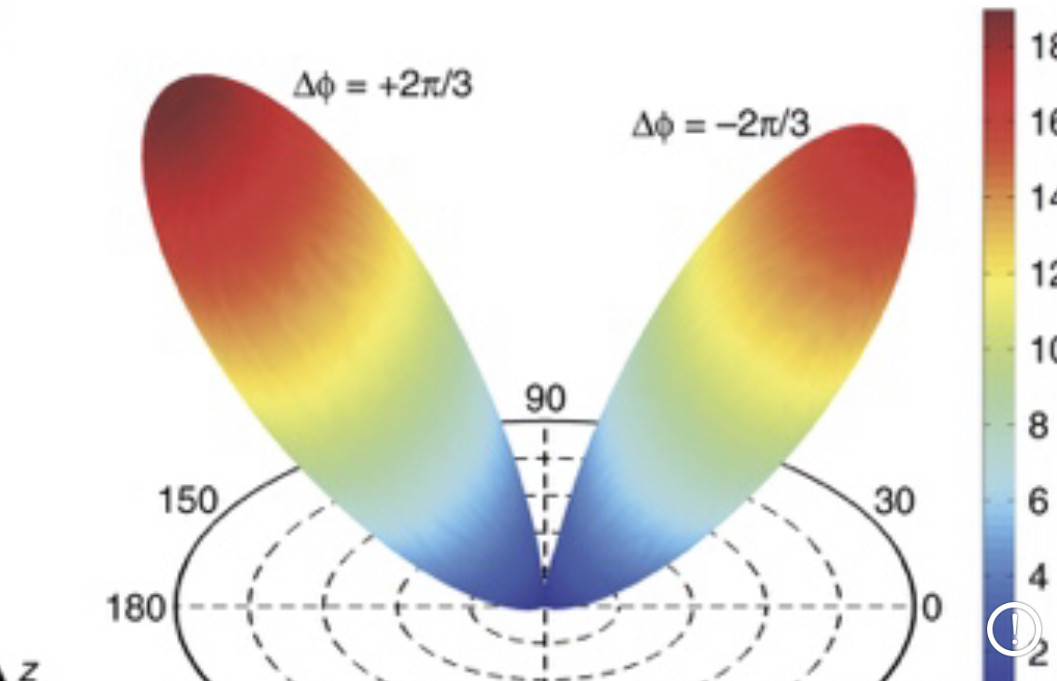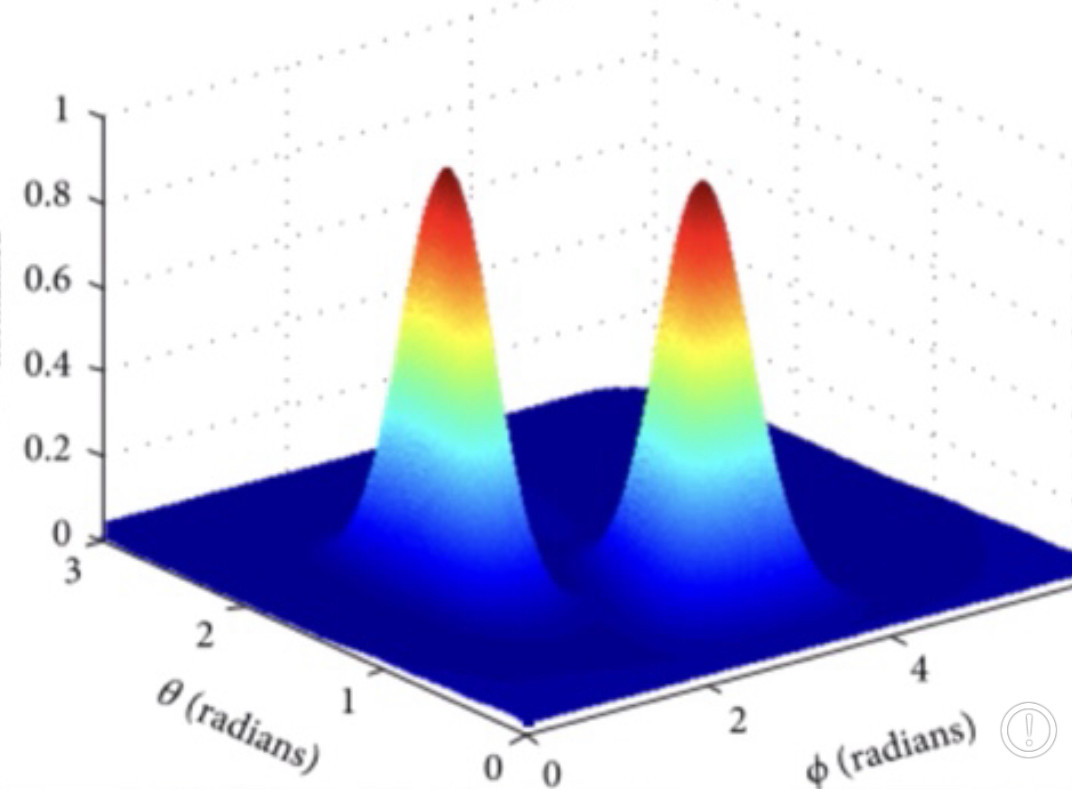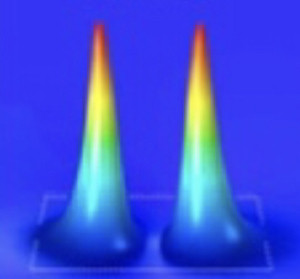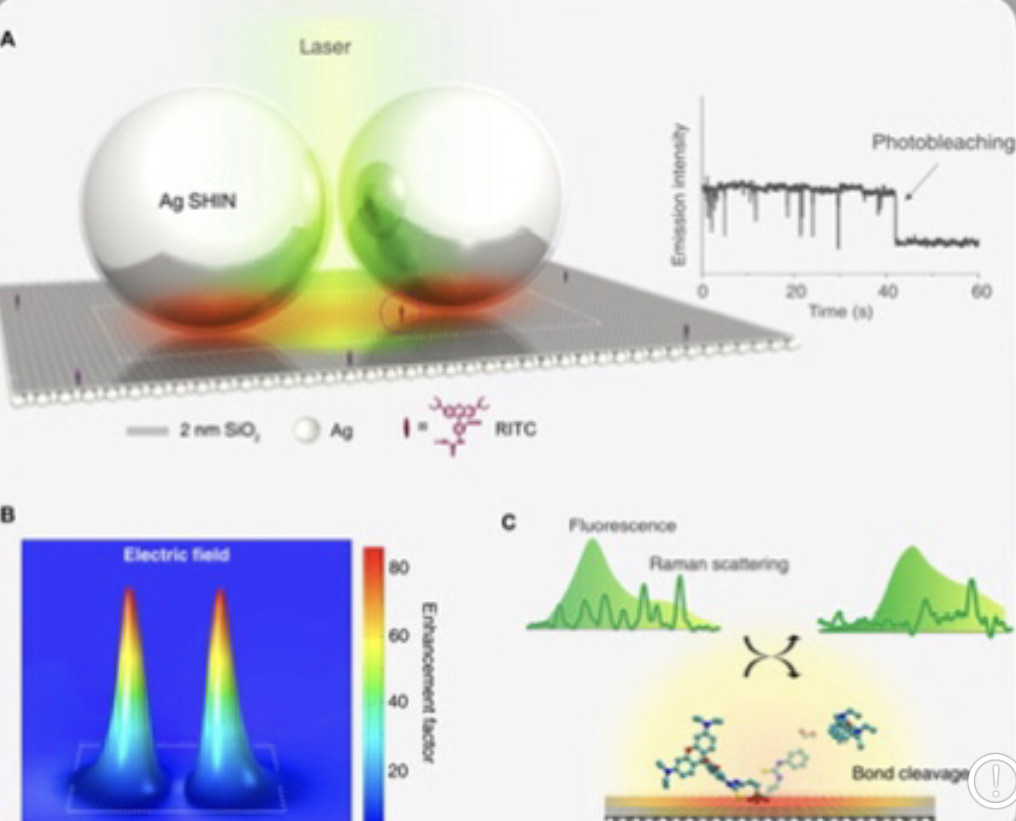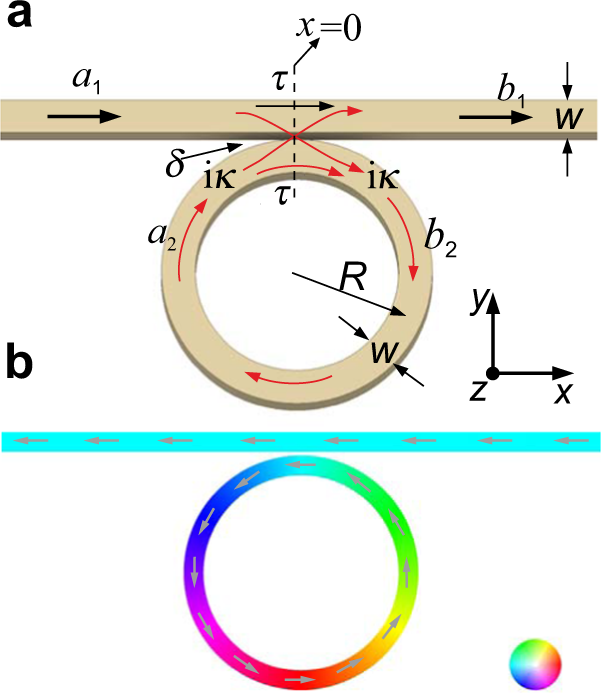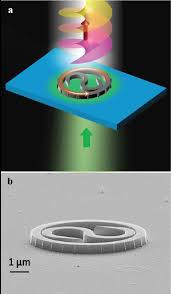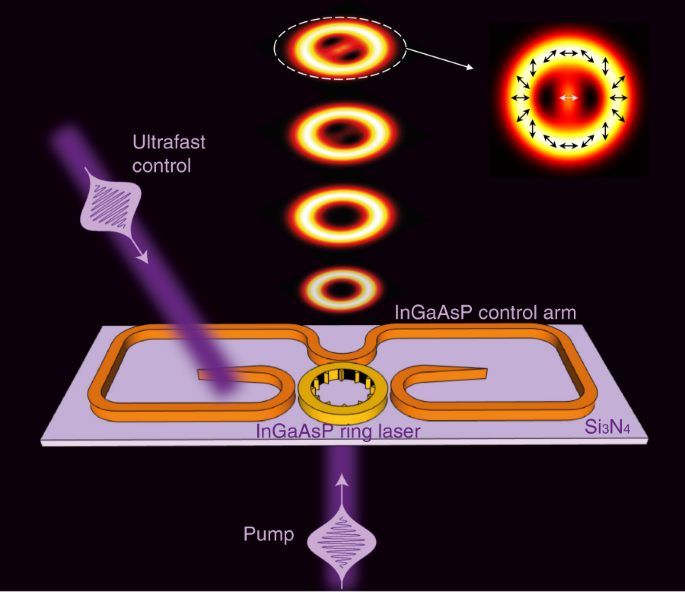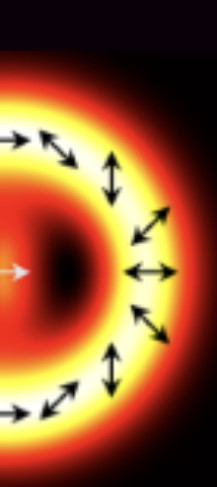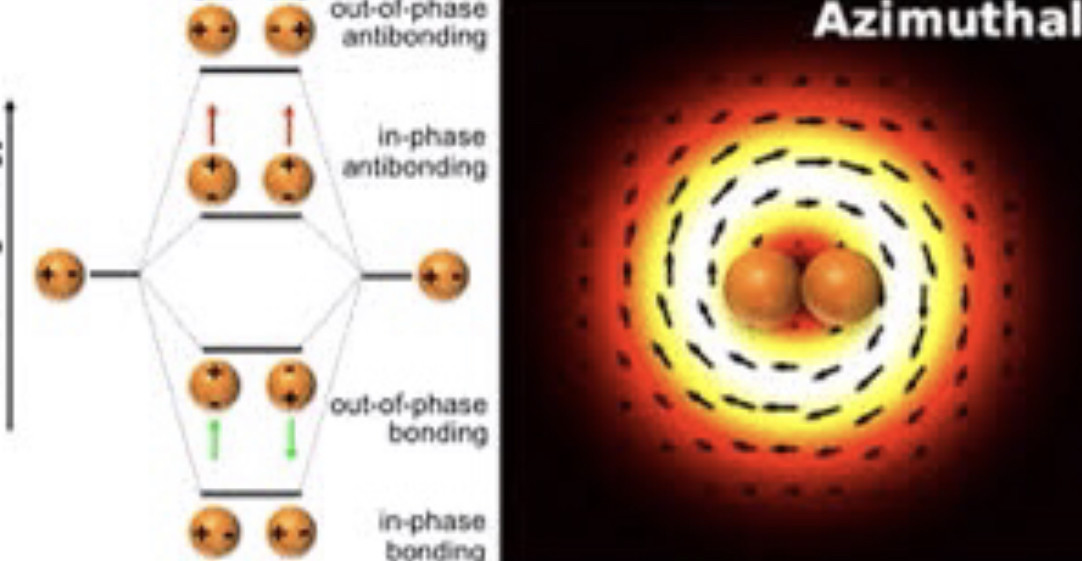@themac
But I think that these walkers have a opposite charge: one is +, the other -, so to say. When these charges are comming together, they will merge? Besides that, this is a 2 D projection> but in reallity there is a third and fourth motion that keeps them from merging?
Do you believe the earth to be a sphere or to be a manifestation of light bending to create a sphere, that is ... do you have mathematical evidence that the earth is flat?
HAhahha, yes you are so helpful. A floating treat,now I'm hungry!
Is there a pyramid at the north pole?
This would logically answer everything.
Everything points to the capstone being removed.
The whole point of human beings.
The peoples.
We created the light... and we will a gain.
A
L
ASER
BE
AM
S
I
R
I
S
O
S
⬆️
O
.
.
.
.
.
.
.
i
os
i
ris
e👈🏻
Intriguing ... looks like a precursor to efficient energy ... whereas you think, its more about creation, fertility & the Legend of the Egyptian God Osrisi ... why oh why would he leave Egypt to retire in Antartica, esp in an after life? I'm back to polar attractions and magnetic energy. : ) ... thanks, you're interesting.
Scoto- comes from the Greek skótos, meaning “darkness.” This Greek root is unrelated to Scots, Scottish, and Scotland.
céltico m (feminine singular céltica, masculine plural célticos, feminine plural célticas, not comparable)
Celtic (of the Celts; of the style of the Celts)
Alba is the Scottish Gaelic name for Scotland. It is cognate with the Irish term Alba (gen. Alban, dat. Albain) and the Manx term Nalbin, the two other Goidelic Insular Celtic languages, as well as contemporary words used in Cornish (Alban) and Welsh (Yr Alban), both of which are Brythonic Insular Celtic languages. (The third surviving Brythonic language, Breton, instead uses Bro-Skos, meaning 'country of the Scots'.) In the past these terms were names for Great Britain as a whole, related to the Brythonic name Albion.
Ancient Greek name derived from βίος (bios) meaning "life".
bi-
/bʌɪ/
combining form
prefix: bi-
two; having two.
"bicoloured"
occurring twice in every one or once in every two.
"bicentennial"
lasting for two.
"biennial"
doubly; in two ways.
"biconcave"
CHEMISTRY
(in names of compounds) containing two atoms or groups of a specified kind.
"biphenyl"
CHEMISTRY
denoting an acid salt.
"bicarbonate"
BOTANY•ZOOLOGY
(of division and subdivision) twice over.
"bipinnate"
from Latin, ‘doubly, having two’; related to Greek di- ‘two’.
Dios comes from Latin deus, from PIE *deiuós 'God'.

